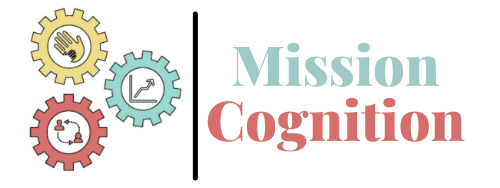SOCIAL MOTIVATION, INITIATION & RECIPROCITY
When learners are socially motivated, they are more likely to orient to, observe, make attempts to approach, and join in with others for social interaction. Specific and explicit instruction and intervention may be needed to build on this motivation and support the development of specific component skills to initiate and maintain interactions.
When socially motivated, we are more likely to approach and initiate an interaction utilizing the skills in our repertoire. If our initiation attempts are reinforced, meaning the person responds in a way that meets our needs and adds value, we are more likely to remain motivated to continue the interaction. Interactions often last longer when attention from the social interaction partner functions as a reinforcer and the learner is equipped with the skills to keep it going.
SOCIAL MOTIVATION: “The Interest”
Social motivation refers to the internal or external factors that influence an individual’s desire to interact with others, seek out social opportunities, and engage in social behavior. These factors can include social cues, social reinforcement, social recognition, and social connection.
SOCIAL INITIATIONS: “Getting it started”
Social initiation refers to starting social interactions with others. There are a variety of means dependent upon learner developmental level and purpose of communicative intent in which an individual may indicate an interest in interacting socially, and initiate that interaction. Examples may include hand leading, bringing an item over to show and share, calling a person’s name, making a comment about the shared environment, etc.
RECIPROCITY IN SOCIAL INTERACTIONS: “The back and forth to keep it going”
Social Reciprocity refers to the ability of individuals to engage in social interactions that involve a back and forth, such as turn taking, sharing, reciprocating information shared in conversation, responding to and initiating bids for joint attention, etc.
Downloadable Assessment & Intervention Resources for this global focus area
You may also be Interested in these related global focus areas:






